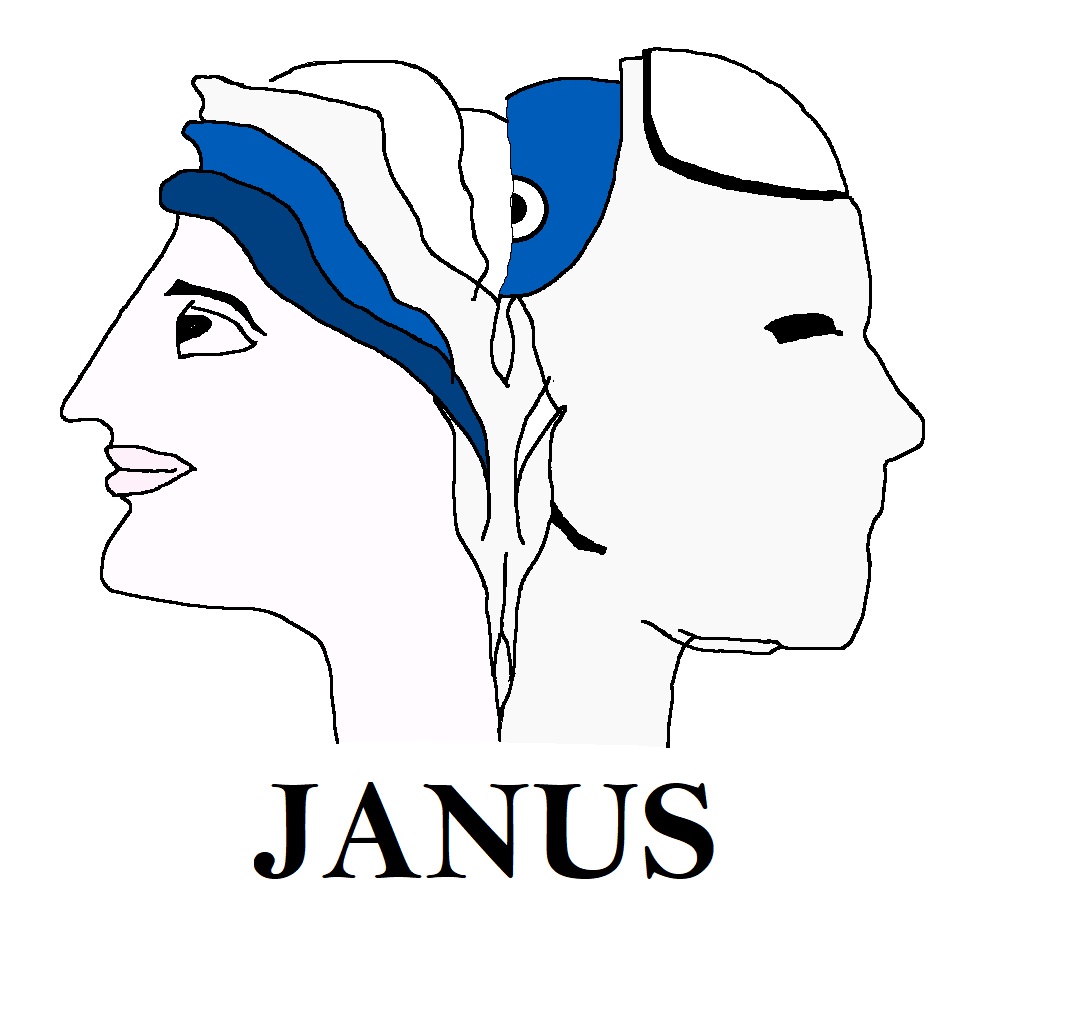
JANUS
e-Pedagogy and Virtual Reality Based Robotic Blended Education
Project No 2020-1-PL01-KA226-HE-095371

Project Website:
The current pandemic enforced many countries to take restrictive measures which gradually led to the complete shutdown of the businesses and the academic institutions. It is undeniable that the end of this pandemic is by no means anywhere close. To this end, education has been hit particularly hard as 1.53 billion students (87.6% of the world’s total enrolled learners) having been left out of school due to the country-wide institutional closures. New technologies and methods have emerged at a rapid speed to accommodate the recent needs. Typical examples include digital conference rooms and online collaborative workspaces. To this notion, the question of how such technological advances will impact the society and the new educational practices is difficult to answer with any degree of certainty; therein, making it a topic that must be considered and addressed by educational researchers, teachers, and administrators. On the ground of this issue, the proposed project aims at setting up the foundations related to the application of Virtual Reality (VR), in Blended Learning settings, with particular focus on the field of STEM (Science, Technology, Engineering and Mathematics) education.
The project-related activities can be broadly classified into the following categories:
(1) e-Pedagogy: Development of an educational framework to support the design of the VR learning activities and a user manual to guide the practices that educators will follow when conducting the educational activities. In addition, prior to the conduct of the intervention, a series of workshops will be delivered to prospect teachers so as to equip them with the necessary skills and traits on how to utilise the custom-made prototype efficiently and effectively.
(2) Virtual-Learning Platform: Aligned to the principles of well-established educational theories and instructional design techniques, a prototype VR platform will be developed. The VR-based solution will feature a safe environment in which students will be able to interact with the learning content and undertake various subject-specific tasks. The virtual learning activities will act as a replica of the procedures and techniques that students follow under normal circumstances in the physical classroom (laboratory).
(3) Learning Analytics: In order to assess the usability of the system as well as the effectiveness of the VR tool against the learning objectives, a thorough evaluation will be made. The collected data, be it self-reported or digital traces from the VR environment, will be utilised to analyse learners’ actions and interactions the results of which will be available to the wider audience via a Learning Analytics dashboard.

